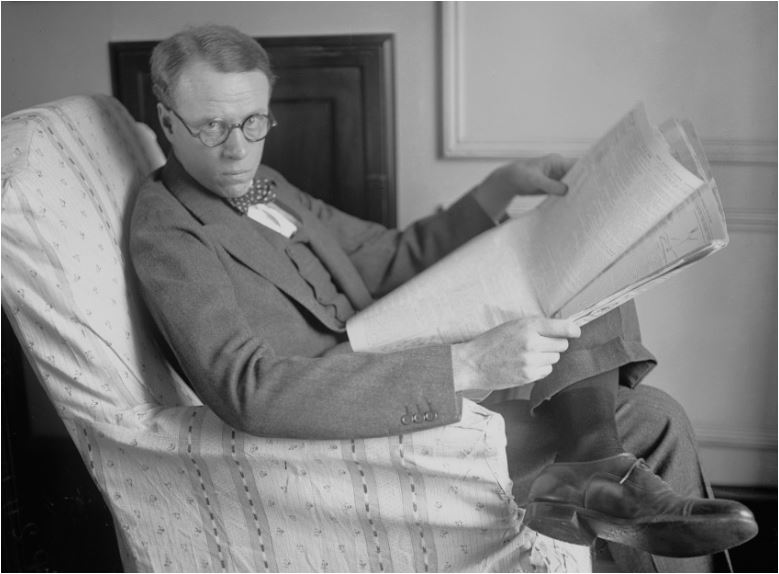Why was Sinclair Lewis Awarded the Nobel Prize for Literature in 1930?
Unraveling the Nobel Recognition: Sinclair Lewis's Literary Impact
In 1930, the Nobel Prize for Literature was awarded to the American novelist Sinclair Lewis, in recognition of his outstanding contributions to literature. Lewis’s bold and incisive storytelling, along with his unflinching social commentary, set him apart as a literary maverick, making him a deserving recipient of this prestigious honor.
1. Courageous Social Critique:
One of the primary reasons for Lewis’s Nobel Prize win was his courageous and unapologetic social critique. Throughout his career, he fearlessly confronted the flaws and hypocrisies of American society. In his satirical masterpiece “Main Street” (1920), Lewis took aim at the narrow-mindedness and provincialism of small-town America. “Babbitt” (1922) dissected the conformity and materialism of the middle-class suburban life, while “Elmer Gantry” (1927) exposed the corruption within religious institutions. Lewis’s boldness in exposing societal issues and his unyielding commitment to truth-telling resonated deeply with readers and critics alike.
2. Realism and Relatability:
Sinclair Lewis was a master of realism, infusing his novels with authentic and relatable characters. His ability to capture the essence of everyday life and the struggles of ordinary people gave his work a universal appeal. His characters were flawed and multi-dimensional, reflecting the complexities of human nature. By offering readers a mirror to their own lives, Lewis’s novels became a vehicle for introspection and self-awareness.
3. Literary Innovation:
Lewis was a pioneer in his literary style and narrative approach. He eschewed conventional storytelling and experimented with various techniques, including satire, irony, and social commentary. His unique blend of humor and seriousness created a distinctive voice that resonated with readers and critics alike. Lewis’s innovation and willingness to push the boundaries of traditional storytelling earned him admiration and acclaim in the literary community.
4. Timeliness and Relevance:
The timing of Lewis’s Nobel Prize win was significant. The 1920s were a transformative period in American history, marked by economic prosperity, social upheaval, and cultural shifts. Lewis’s novels mirrored the zeitgeist of the era, capturing the changing dynamics of American society. His ability to address contemporary issues with insight and relevance made him a prominent figure in shaping the national conversation.
5. International Recognition:
Although Sinclair Lewis was an American writer, his impact was not limited to the United States. His novels were widely translated and read internationally, allowing readers from different cultures to engage with his work. Lewis’s ability to transcend national boundaries and speak to a global audience contributed to his recognition by the Nobel Committee.
In conclusion, Sinclair Lewis’s Nobel Prize for Literature in 1930 was a testament to his literary brilliance and his unyielding commitment to critiquing and illuminating the human condition. His courageous social critique, realistic portrayal of characters, literary innovation, timeliness, and international appeal made him a literary maverick of his time. Lewis’s recognition with the Nobel Prize remains a fitting tribute to a writer who fearlessly challenged societal norms and offered profound insights into the human experience. His legacy endures, inspiring writers and readers to confront the complexities of their own societies and strive for a more truthful and empathetic world.





